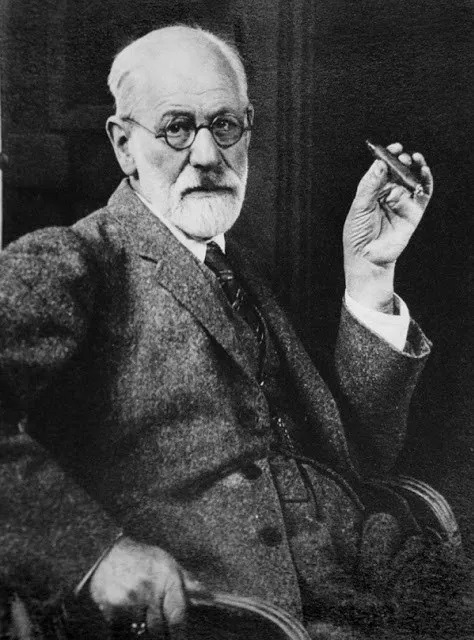#sudafed induced dreams
Explore tagged Tumblr posts
Text

I’m just Cel, not at all enough, She met hot satan on a raft. So hey, check me out, yeah, I’m just Cel.
There’s three in our bed and it’s getting weird, Waiting for my turn, but she’s licking him. Sauron is her man, but I’m still here.
Yeah, I’m just Cel, no need to cheer! I’m just Cel, I’m no dark king, I’m still stuck with her while she does her thing! Baby, I’m just Cel ...
#sudafed induced dreams#make you think#that you can write lyrics now#well#i tried#hope talks to hope#enjoy#haladriel#nation#you have a new anthem#you did not ask for#youre welcome
52 notes
·
View notes
Text
Freudian Fallout
January 15, 2023
"I'll let you be in my dreams if I can be in yours."
Bob Dylan
Yesterday I came down with a minor, sniffles only, cold. It was most certainly given to me by one of my own adult rugrat offspring who had become infected in an act of revenge by one of their teenage mutants.
So for some reason I spent the night dreaming over and over about the common cold. No doubt aggravated by taking tainted, black market Sudafed.
All my dreams were about being ill with a slight cold.
Multiple times during my dreaming I am standing still and reading a piece of paper with a list on it. The list - The Ten Commandments For Colds.
Almost always in my dreams when I see written words, I can't read them. All the words are fuzzy. Don't know why, something psychological I'm sure.
But in these dreams I can see the words on the list clearly and I can read and understand them. Unfortunately after awakening, I can only remember the last commandment on the list - "Don't Trust Anyone".
I have no clue what this has to do with colds or why it's the only one I remember or why I was given a list of cold commandments to begin with.
All I know is that my brain has a mind of it's own and it never explains what it is telling me.
In my dreams, I almost never hear spoken words by anyone. In dreams, the words aren't heard but come across as internal thoughts in my own internal voice. Dream events happen and I have dream thoughts about them - which includes both sides of any conversation.
But in the middle of one segment of this looping, re-occurring dream and while I'm reading the list, completely out of context of what is happening, I hear a loud and commanding voice - a real voice - not my voice - breaking through like thunder as if someone was in the room with me. The kind of voice that sounds like a direct message from God.
The voice booms, "WHAT ANON YE!"
It was so loud and demanding that it jarred me awake. I lay there a little shaken. Was it a question? A statement? Who was it? And why was the accent Olde Worlde English?
'Anon' means happening soon or happening in the future. I can only wildly guess that I was being asked by someone, "What is happening with you, Tom".
Maybe even by You-Know-Who Hisself. Maybe just God's way of saying, "Whassup Tom!".
Sliding back down into my dream, I am now confronted with a new vision.
I am standing in a dingy, black and gray landscape. It is nighttime. I'm looking at a large, gray, concrete, square, 3 or 4 story building maybe a block long in both directions. It is covered with barred and broken windows, looking long abandoned with grass growing unattended through parking lots and what looks like loading bays.
It is a depressing and scary sight. The overall feeling of dread is palpable.
Down in the lower left corner of the building, looking very small, I see an open door with a bright, glowing yellow light spilling out. It is the only lighted spot in the whole of the world in front of me. All around everything else is just different shades of gray - the skies, the clouds, the trees, the shadows.
This small, lonely, warmly lit door glows brightly in the middle this bleak, dismal, and dreary scene.
I'm no psychologist or psychiatrist. Heck, I'm not even a proctologist - so I just don't know what this might mean - especially in conjunction with the "Don't Trust Anyone", and especially the booming, "WHAT ANON YE!'. Is this some kind of glimpse into my future? A hope? Or worse, a fear?
After my morning coffee but still limited by my sudafed induced mental state, I was able to dredge up three possible guesses as to the meaning.
A. I may be unknowingly despondent and my dream is telling me there is some hope. That by entering that brightly lit door in the middle of all that gloominess and embracing the warm glow of optimism is the answer to depression.
B. I am at that point in my life where maybe I am unconsciously anticipating the final event, and I am reassuring myself that the other side will be Everlasting Joy. Or, I am being encouraged by some powerful diety (good or evil) that entered my dream so as to send me a message. "Don't worry, Tom" "Eventually you will be welcomed into my light".
C. I have been playing the dystopian video game Fallout 76 a lot lately and - this scene does look a little familiar.
"Oder vielleicht bedeutet es etwas ganz anderes! du idiot."

0 notes